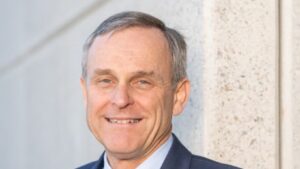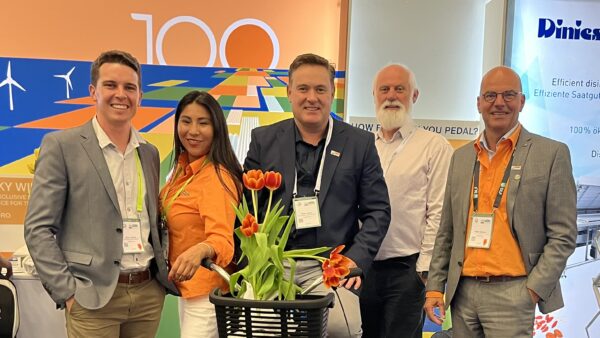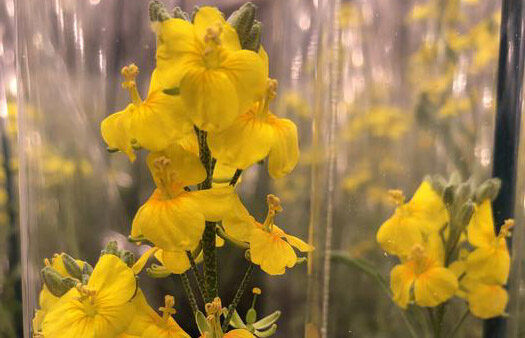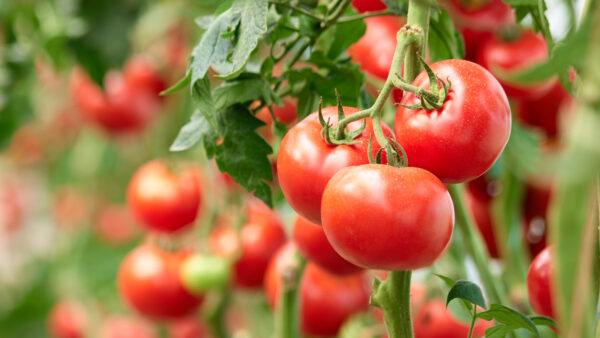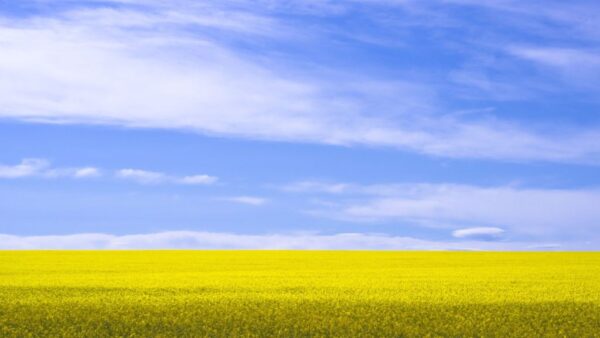As the International Seed Federation begins to implement their new, five-year goals, Michael Keller and Donald Coles look to a better and brighter future.
“To create the best environment for the global movement of seed and promote plant breeding and innovation in seed.”
That’s what Donald Coles says has been top-of-mind this year for the International Seed Federation (ISF).
While the vision of ISF hasn’t changed — a world where quality seed is accessible to all — Coles, ISF president, and the ISF Secretariat have been working hard to address and create ISF’s new mission statement, as well as finalizing 2021-2025’s Key Strategic Objectives (KSOs).
“This experience of creating and forming our KSOs has been one of the biggest and most thorough reviews that I’ve ever been a part of,” Coles says, noting that the process went on for over a year as ISF consulted with their committees, members and the stakeholders in the seed industry. “It also, of course, went through numerous workshops. We had plenty of wordsmithing, creative thinking and debates. But these were all critical features of where we’ve landed today.”
And while it was a long, hard road, ISF landed at its final destination to drive their vision and new mission statement forward: with five KSOs and numerous subobjectives pushing them towards the future.
A Lengthy and Tedious Process
Six years ago, Michael Keller — as the new, fresh secretary general of ISF — decided that the organization needed to further evaluate and clarify its direction in order to drive them forward.
“It was for us to start to structure what the main issues were where we should invest our energy, our resources and where we could provide more for our members,” Keller says. “We wanted to be able to provide tangible output to support business at the same time.”
Not only did that mean looking at the goals ISF wanted to achieve, it also meant looking deeper into the organization and ensuring that the vision of ISF matched what they wanted to achieve.
“That’s the dream, and we need to have a dream as an industry,” Keller says. “As a heavily diverse sector — from family-owned businesses to multinationals, and then with each business covering such a wide array of crops — we thought it absolutely essential to confirm our dream.”
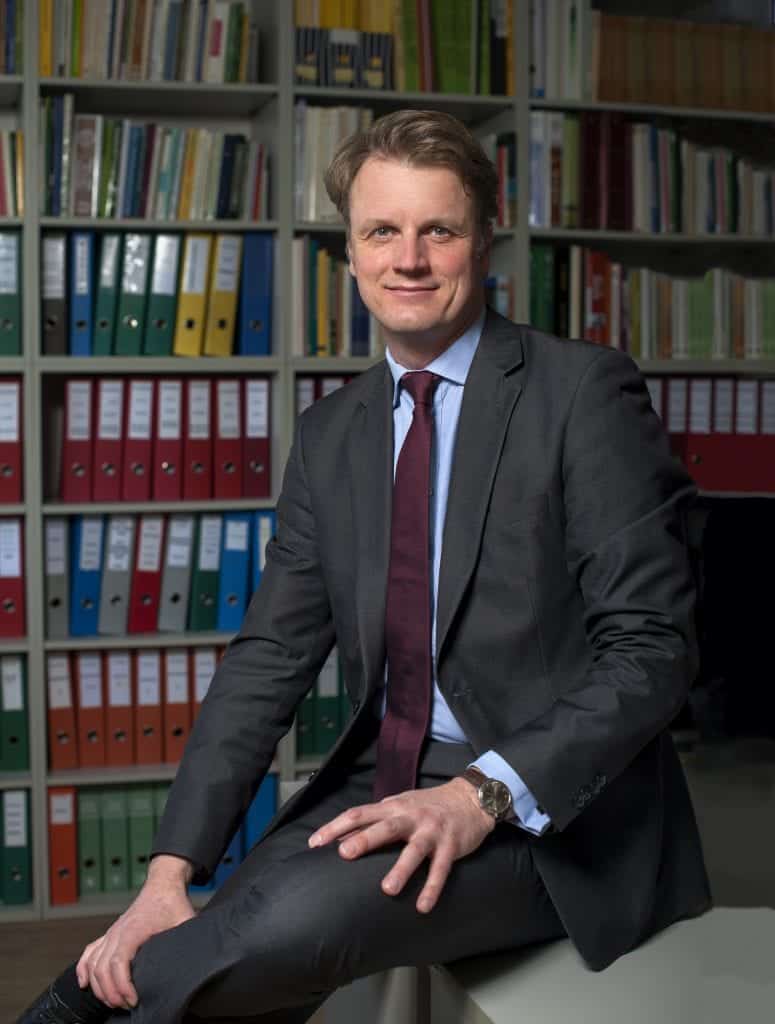
Unanimously, it was agreed that bringing quality seed to all farmers to support sustainable agriculture and food security needed to be the ultimate goal of the seed sector.
“At that time, it was a crucial moment as we broadened our scope of acting towards food security and sustainable agriculture,” Keller says. “It is not about only the seed. We’re a critical starting point of food production, and I think this was a way for us to reset and start again.”
But, Keller says to reach your ultimate dream, there are many steps to take, especially in terms of clarifying what the steps are and what topics fall under your vision.
Building the Topics
After establishing the new mission for ISF came the really difficult part — getting strategic with choices.
“It’s all about strategy and clarifying the road we have to journey together in an inclusive way,” Keller says. “On our previous strategic objectives, we didn’t feel like we were going the right direction until halfway through, near 2018.”
The question became a deep look at the previous five years for ISF to see what they would have changed.
“It came to a point of asking: ‘What does this really mean for us? How can we contribute? What’s the ultimate outcome?’” Coles says. “And most importantly, it was the question of: What feedback can we get about our successes?”
We thought the first objectives were good, but we need to be more structured, Keller says.
“After that, we decided to structure ourselves and build taskforces dedicated to invest energy to prepare,” he says.
That means, leading up to the KSO announcement at the Board of Directors meeting end 2020 , a dedicated group, including Keller and Coles, worked intensively to see how to better improve ISF and what direction to take from here on out. Other participating and leading members were ISF First Vice President and chair of the KSO committee Marco van Leeuwen and Marc Cool, chair of the breeders committee.
The group started by engaging with the value chain — from the farmers to grain traders and beyond — to understand what all the stakeholders’ priorities were, as well as their perceptions of how the seed sector fit into that. The second round included seeing how organizations such as FAO, OECD, CGIAR or foundations like the Bill and Melinda Foundation see the seed industry, and what they think the challenges for the future would be.
“From the beginning, we tried to be really inclusive,” Keller says. “At the end, it’s somehow broader than just seed – it’s also the topics that encompass seed.”
Based on all this surveying of members, nonmembers, NGOs, international organizations and other stakeholders, ISF was able to frame up a few key areas to tackle.
Coles mentions there was one thing top-of-mind throughout the process: Communication.
“With Marco and Marc driving the discussion, I was left free to participate in the meetings,” he says. “I wanted to add through each and every KSO an element of communication.”
Coles notes that in almost every KSO, there’s a key word such as accelerate, promote, encourage or support.
“All these words are key words that speak to something that will lead to a deliverable to an action,” he says. “After 25 years of fake news being imposed on the seed sector internationally, we’ve got an incredibly big mountain to climb to try and push back against. Because of that, communication is absolutely fundamental to what we do in the future. We need to present ourselves as we are; responsible people with warm hearts and thoughtful minds. At the forefront of our whole work is to ensure that every living thing on the planet can continue the way we have in the past, and seed is at the center of that aspiration.”
Keller agrees with Coles.
“We knew we needed to be clear and concise,” he says. “We knew this is all about engagement.”
For both Coles and Keller, that meant the new KSOs needed to be absolutely crystal clear about what the benefits are of quality seed, and how ISF needs to be a part of that discussion with the value chain.
After communication comes innovation.
“Innovation and plant breeding are in our DNA,” Keller says. “We need to accelerate innovation, but at the same time, we need to enable seed to remain a contributor to solutions that farmers can access.”
That means not only focusing in on improving breeding, but also honing in on the regulations that can affect innovative breeding.
The third focus is on the movement of seed.
Coles, in particular, thinks this KSO is imperative to getting quality seed into the hands of farmers across the globe.

“There’s a lot to efficient movement,” Coles says. “but it’s not just getting seed in a bag and transporting it to its destination. Our focus is to move healthy seed and to maintain phytosanitary standards in order to support efficient production systems for our customers.”
Coles notes that what the seed sector doesn’t want is nontariff trade barriers created for political or economic reasons.
In early 2020, when the COVID-19 shutdowns began, ISF was outspoken about ensuring the lines for the movement of seed stayed completely open.
“One of the learnings from the COVID-19 pandemic was that it showed how important safe and efficient movement of seed is,” Keller says. “COVID-19 pushed more governments and more private sectors to cooperate and trust each other more than they previously had.”
In addition, it’s important to ensure the seed actually is quality seed. That means ensuring germination, the purity of the seed, the health of the seed and the seed quality.
The fourth focus is all centered on regulations and creating a positive business environment to support the freedom to operate of our members.
“The business and policy environment should support fair and sustainable business models,” Keller says. “This is something where we are broadening our scope and we’re working on implementing at ISF.”
In particular, looking at advocating the necessity and benefits of IP rights is essential. On top of this, another key focus is raising awareness and combatting illegal seed practices, as well as promoting responsible business practices. These are a few goals ISF hopes to achieve in the next five years.
The last focus is based on better supporting ISF members and creating more member engagement.
“We are a network and diversity is our strength,” Keller says. “We need to stay as a global platform for exchanging knowledge and collaboration and like in past providing a ‘physical’ platform for trading within the sector. Bringing folks together is our responsibility.”
Keller says, to him, that’s what the ultimate goal of the KSOs are: the big scheme is for ISF to provide more value to their members, and more value for the seed sector in general.
Not only was member engagement important to include as a KSO, but member engagement was also at the top of mind when confirming the order and topics behind ISF’s strategy.
Member Input Necessary
Without input from and active cooperation among its members, Keller and Coles both note it would have been difficult for ISF to finalize their strategy for the next five years.
“Member feedback was fundamental to the process, and we’ve tried to keep it at the front and center from the beginning,” Coles says. “We spent so much time thinking of the phrasing that goes into these KSOs, and every word, phrase, paragraph and keyword all came from member feedback.”
Keller notes that if you’re unable to engage with your members, there’s a problem.
“You won’t be seeing the added value without feedback,” he says.
However, Keller notes that while this was a top priority for ISF during the KSO discussion, it was also a little challenging.
“Each of our members have their own priorities,” Keller says. “When you’re building such an inclusive process, it’s easy to get overwhelmed by all the different priorities.”
Coles says without member feedback, ISF wouldn’t have gotten a true global perspective.
“To ensure that this is a truly global imperative and a true globally agreed set of strategic objectives, you need the member feedback,” Coles says.
However, from there, Keller says learning and moving forward is necessary.
“We have to learn how we can provide the most for our members, and with these objectives, we’re confident we’re moving in the right direction,” he says.
Five Years and Beyond
With the next five years of strategic objectives finalized, Coles confesses this is where the hard part starts.
“This was just the first step,” Coles says. “Implementation is now where all the hard work starts.”
In March 2021, ISF held its annual March Meetings, where Coles notes the committees began implementing the KSOs.
“My goal for the next two years is to support the ISF team,” Coles says. “We have a small, but expert technical team in Switzerland who can carry this forward, but their work is dependent upon the contribution that they get from all the team members within each committee. My objective is to support them in any way we possibly can and to ensure that the actions related to KSOs keep moving at pace.”
When Keller looks to the future of the seed sector, he’s optimistic.
“One thing happened during COVID; seed was recognized as essential for food production,” Keller says. “That’s huge for our sector and it helps us to intensify our engagement with the food production chain. Many people forget that food production is an everyday business. We can all leverage the learnings of 2020 – the seed sector will use this to further engage and support food production as a foundational contributor beyond 2020.”
With this in mind ISF continues to look for more wins in the future.



